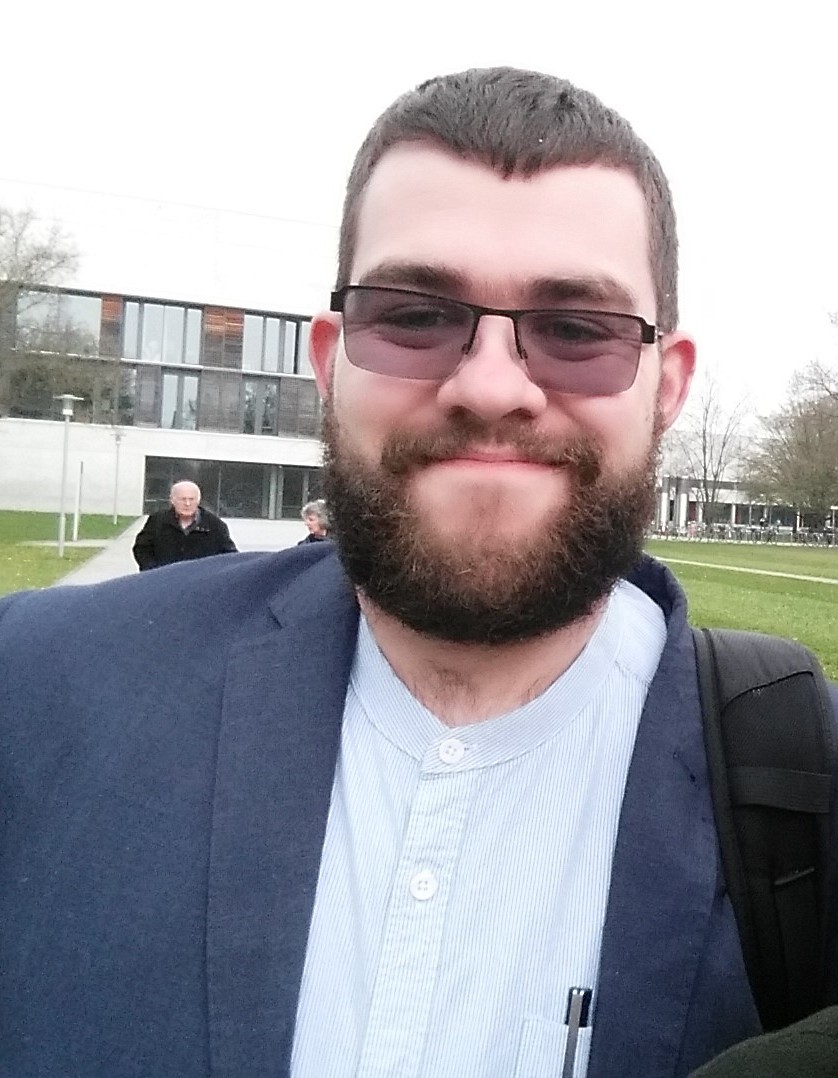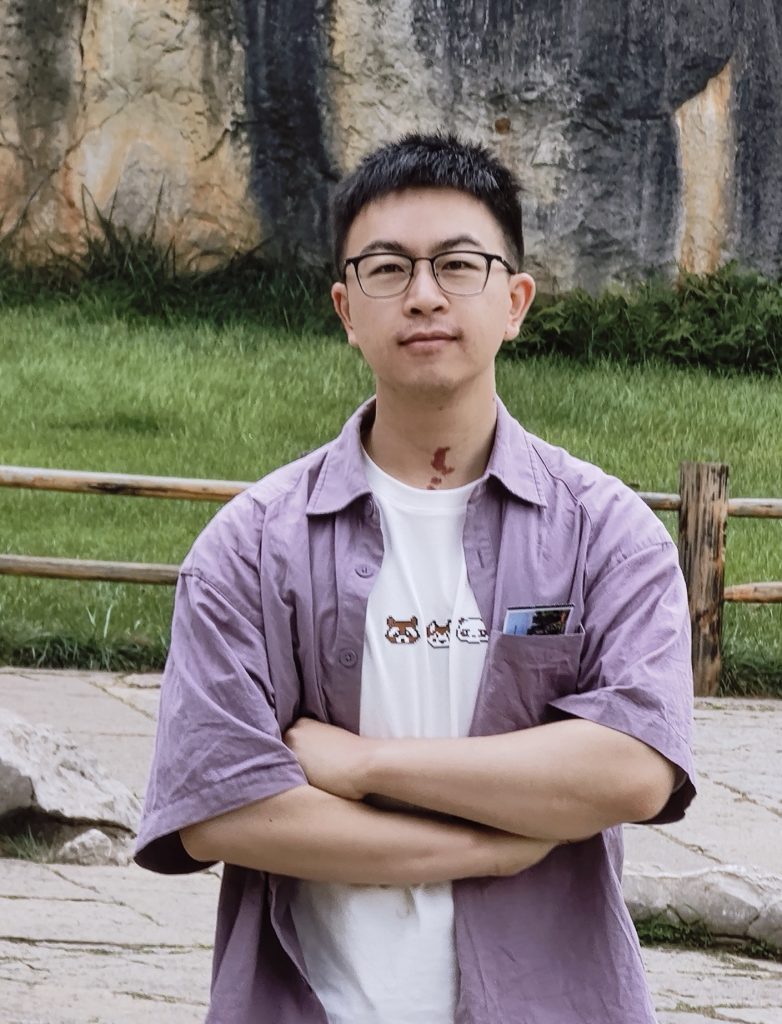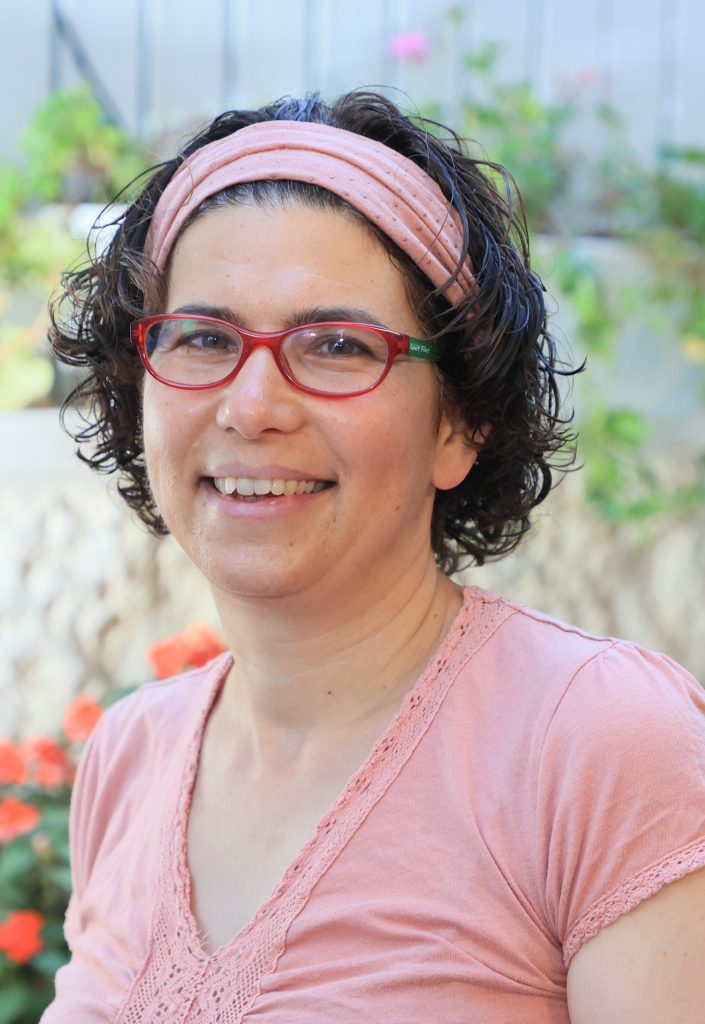The OCHJS hosts a number of visiting academics each year through the following 3 status options.
Visiting Fellows
Visiting Fellowships of the Centre for Hebrew and Jewish Studies are available for postdoctoral researchers and senior scholars through our Oxford Seminars in Advanced Jewish Studies programme, which hosts four streams of Visiting Fellowships: Salo & Jeannette Baron Visiting Fellowships in Jewish History, René & Susanne Braginsky Visiting Fellowships in Manuscript Studies, OSRJL Visiting Fellowships in Rare Jewish Languages and Yishai Shahar Visiting Fellowships in Jewish Art History. Visiting Fellows are invited to participate in and contribute to the OCHJS’s academic activities (all of which are conducted in English), given shared office space at the Clarendon Institute, issued individual University Cards and receive honoraria. They may be invited to present a paper relating to their research should a suitable opportunity arise. Calls for applications are posted each academic year; to see if any are currently open, click the button below.
Current Visiting Fellows

Dr Dean Irwin
Visiting Fellow in Anglo-Jewish Medieval History
My doctoral work, at Canterbury Christ Church University, examined the records generated by Jewish moneylending activities between 1194 and 1275/6. Now, working outside of conventional academia, I pursue my many esoteric interests into medieval Anglo-Jewish history. This work is undertaken as a Visiting Fellow at the University of Lincoln and, now, Visiting Fellow at the Oxford Centre for Hebrew and Jewish Studies (both in the historical diocese of Lincoln!).
At present, I am writing a book, under contract with Palgrave MacMillan, exploring Jews and Christians as Neighbours in the Towns of Medieval England (due 2027). Additionally, I am editing a volume of twelve essays on The Medieval Lincoln Jewry (Arc Humanities Press, due 2025), and co-editing Hebrew and Hebrew-Latin Documents from Medieval England, vol. 3, with Judith Olszowy-Schlanger. I speak regularly at national and international conferences, as well as organising panels, on all aspects of medieval Anglo-Jewish history, and have published a series of article length studies exploring acknowledgements of debt, the archae system, King John, and the social structure of the London Jewry. I also support community outreach programmes.
At the Oxford Centre for Hebrew and Jewish Studies, I co-convene a postgraduate seminar once a term with Judith Olszowy-Schlanger, looking at Medieval Anglo-Jewish Texts & History. Here we introduce postgraduate students to reading both Latin and Hebrew texts from medieval England. I also provide support to doctoral projects which fall within my area of specialism.
Visiting Scholars
Visiting Scholars—senior scholars accepted by application to the Oxford Centre for Hebrew and Jewish Studies who come to Oxford to work on their current, independent research projects—are advised on how to apply for a Bodleian Readers Card to access the Bodleian Libraries as well as given access to shared office space in the Clarendon Institute. Visiting Scholars are invited and encouraged to attend and participate in the academic activities of the Oxford Centre for Hebrew and Jewish Studies, all of which are conducted in English. They may be invited to present a paper relating to their research should a suitable opportunity arise.
Individuals wishing to be academic visitors at the University of Oxford and obtain a University Card may apply to be affiliated with the Faculty of Asian and Middle Eastern Studies (AMES). For information, please email Trudi Pinkerton at trudi.pinkerton@ames.ox.ac.uk.
Current Visiting Scholars

Dr Menashe Anzi
I am a Senior Lecturer in the Department of Jewish History at Ben-Gurion University of the Negev. My research focuses on the history of Yemenite Jews and Jewish-Muslim relations in Islamic urban settings. My book, The Ṣanʿāʾnis: Jews in Muslim Yemen, 1872–1950 (2021, Zalman Shazar Center, in Hebrew), earned me the prestigious Ben-Zvi Institute Prize in 2022.
At the OCHJS, I will continue my research on Yemenite Jews in the Indian Ocean and Red Sea regions. This project introduces a new geographical framework for understanding the Yemenite Jewish diaspora, examining the connections between Jewish communities across the Indian Ocean and Red Sea, and their interactions with both their places of origin and host societies. It highlights how these transregional ties—spanning commerce, migration and cultural exchange—helped shape a shared Jewish space and fostered a common Jewish identity in the region.

Dr Shlomo Guzmen-Carmeli
I am a senior lecturer in Bar-Ilan University’s Sociology and Anthropology Department. My research fields of interest and specialization are text and society; ethnography of Jewish communities; anthropology of knowledge and learning; anthropology and sociology of religion and Judaism; anthropology of medical research; separatist communities; and ritual healing. I wrote articles on these subjects that were published in scientific forums in Israel and abroad. My book Encounters around the Text, Ethnography of Judaisms (2020) won the Bahat Grant for outstanding academic manuscripts for 2017. My research on ‘Lived Judaism in Israel: religious and spiritual experiences in a changing society’ (with Rachel Werczberger) won the Israel Science Foundation (ISF) Personal Research Grant (2020-2023). In 2021, the book The Power of Words: Anthropology of Jewish Textuality, which I edited together with Nissan Rubin, was published by Carmel Publishing.
In recent years, I have also been engaged in research that locates and examines cases of Undone Science. This term refers to research left unfunded or incomplete for financial, political, and/or other reasons. In addition, I am an editor of the ‘behevrat haadam’ website (בחברת האדם) on anthropology in Israel and the world, and of the project’s Facebook page, which has more than 10,000 followers.
Junior Visiting Scholars
Individuals advanced in their doctoral or postdoctoral work may apply for Junior Visiting Scholar status at the Oxford Centre for Hebrew and Jewish Studies to carry out their own independent research. Junior Visiting Scholars are invited to attend and participate in the events and activities of the Oxford Centre for Hebrew and Jewish Studies (all of which are conducted in English) and will be advised as to how they may apply for a Bodleian Readers Card to access the Bodleian Library system. However, Junior Visiting Scholars are not permitted to participate in activities of the University of Oxford more broadly; those wishing to do so must apply for visiting student status separately through the University and at a cost.
Current Junior Visiting Scholars

Zhao Chenxi
I am currently a PhD student at the School of History, Zhengzhou University, China. I have been awarded a Zhengzhou University Scholarship which will support my academic research at the OCHJS.
My research interests include Modern Israeli history, the Israel-India relationship, contributions of Jewish civilisation, and Jewish philanthropy. So far, I have published two academic articles in Annual Report on Israel’s National Development (a series of books, one published each year by Social Sciences Academic Press, China) focusing on relations between Israel and the United Nations (published in 2023) and Israel-India innovation cooperation (published in 2024). In addition, I published the 2020, 2021 and 2022 ‘Chronologies of Israel’ in the same series.
Recently, I have been conducting research on the Israeli exhibition industry, particularly regarding technological innovation, focusing on topics such as the history of Expo Tel Aviv. The other topic of my current research is the ‘Jewish Phenomenon’, examining the contributions of Jewish people to world civilisation since the inception of the Nobel Prize.
At the OCHJS, I plan to conduct research on ‘The Study of the Philanthropy History of the Rothschild Family’. At the same time, I plan to participate in activities related to Hebrew language learning and research, and focus on acquiring foundational knowledge of Hebrew.

Rakefet Cohen-Anzi
I am a PhD student in the Department of Jewish History and Contemporary Jewry at The Hebrew University of Jerusalem. My dissertation, supervised by Professors Yfaat Weiss and Dan Porat, is titled ‘Imparting the Hebrew Language to Adults in Mandatory Palestine and the State of Israel, 1936–1955’. It examines the efforts of both the pre-state and state authorities to teach Hebrew to adult immigrants from the 1930s through the 1950s, highlighting the role of language in shaping national culture.
In 2022, I was a research fellow at the Franz Rosenzweig Minerva Research Center for German-Jewish Literature and Cultural History at The Hebrew University of Jerusalem. In 2024, I was awarded a fellowship from the Cherrick Center for the Study of Zionism, the Yishuv and the State of Israel, and in 2025, I am also a Leo Baeck Fellow of the Studienstiftung des deutschen Volkes.
My Master’s thesis focused on The Hebrew University’s involvement in adult education, and three articles based on my thesis research have been published in academic journals. My broader research interests include nation-building processes, the role of language in these processes and the transmission and implementation of educational knowledge.